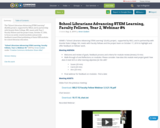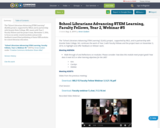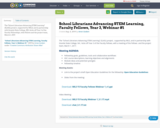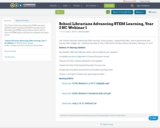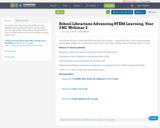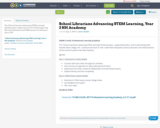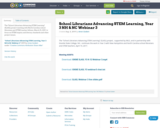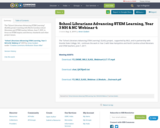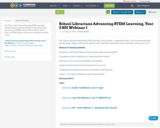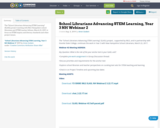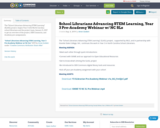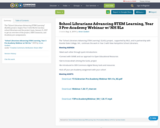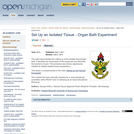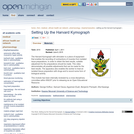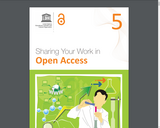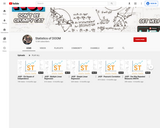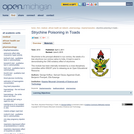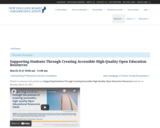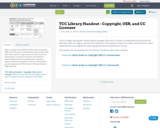About Stats of DOOM
Support Statistics of DOOM! This page and the YouTube channel to help people learn statistics by including step-by-step instructions for SPSS, R, Excel, and other programs. Demonstrations are provided including power, data screening, analysis, write up tips, effect sizes, and graphs. Help guides and course materials are also provided!
When I originally started posting my videos on YouTube, I never really thought people would be interested in them - minus a few overachieving students. I am glad that I've been able to help so many folks! I have taught many statistics courses - you can view full classes by using the Learn tab in the top right. I have also taught cognitive and language courses, some with coding (see the NLP and Language Modeling courses), and some without (see Other Courses). I hope this website provides structure to all my materials for you to use for yourself or your classroom.
Each page has an example syllabus, video lectures laid out with that syllabus (if I have them!), and links to the appropriate materials. Any broken links can be reported by sending me an email (linked at the bottom). Stats Tools was designed for learning statistics, which morphed into learning coding, open science, statistics, and more! Recommendations, comments, and other questions are welcome with the general suggestion to post on the specific video or page you have a question on. I do my best to answer, but also work a full-time job.
These resources wouldn't be possible without the help of many fantastic people over the years including:
All the Help Desk TAs: Rachel E. Monroe, Marshall Beauchamp, Louis Oberdiear, Simone Donaldson, Kim Koch, Jessica Willis, Samantha Hunter, Flora Forbes, Tabatha Hopke
Research colleagues: K.D. Valentine, John E. Scofield, Jeff Pavlacic
And more! Pages with specific content made by others are noted on that page.
